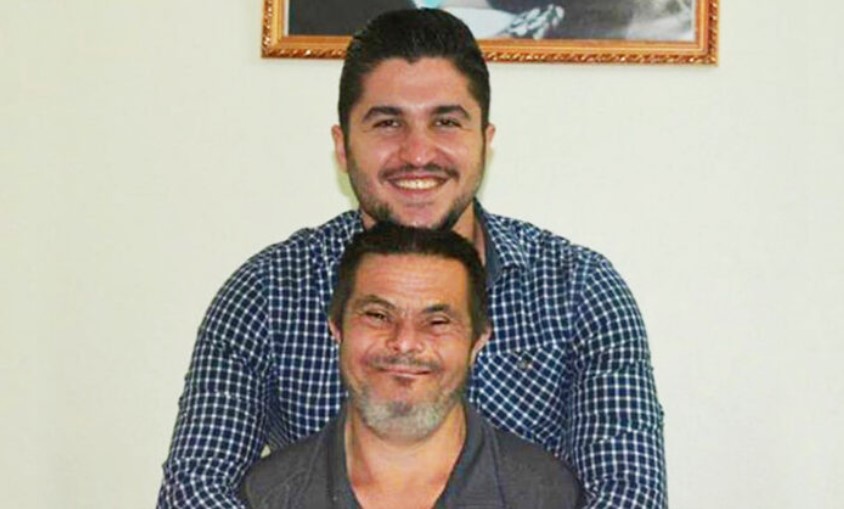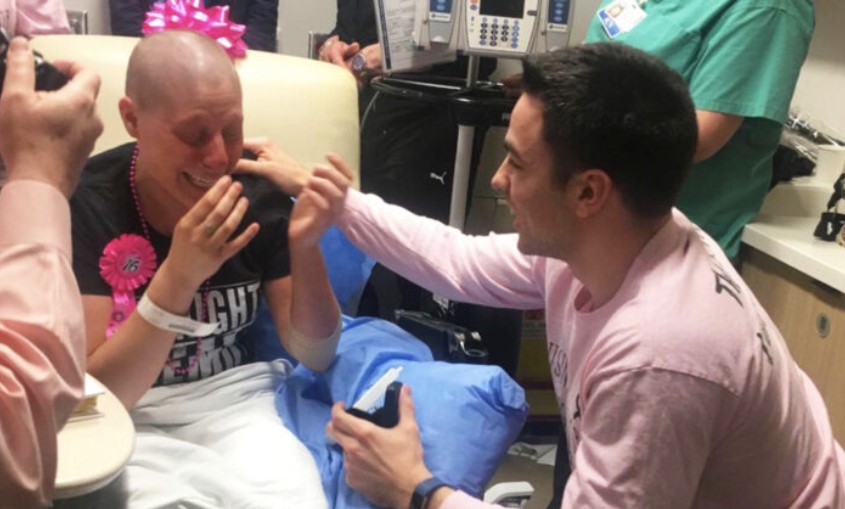Playing the victim is all about finding and creating situations in which a person can be seen as a victim. It involves actively avoiding responsibility and passing the blame onto others, often with little to no justification. It usually employs tactics like exaggerating one’s difficulties, manipulating or withholding information, feigning innocence and helplessness, blaming or attacking others, or even playing up physical weaknesses. This behavior can not only harm people around them but also damage their sense of self-worth over time.
When our personality leads us to act like a victim, we often find ourselves blaming others for our own issues and feeling powerless to take responsibility for them. This can lead us to become trapped in a cycle of negative thinking and behavior, which can be hard to break out of. We might start to feel ashamed or even apathetic about the situation, convincing ourselves that nothing we do will ever change it. Unfortunately, this outlook rarely offers any real solutions.
Here are 15 clear signs that someone is always playing the victim:
1. They Don’t Take Responsibility
They don’t take responsibility for their actions and instead look for ways to avoid accountability. They make excuses, blame others, or simply ignore the situation altogether. This kind of behavior only reinforces negative thought patterns and prevents personal growth.
2. Frozen in life
They are frozen in their life, unable to make meaningful progress because of a lack of responsibility. They are stuck in an endless cycle of blame and avoidance that leads nowhere. By accepting responsibility for their actions, they can free themselves from this trying situation and make significant strides toward personal growth.
3. Not seeking possible solutions
Finding possible solutions would require taking responsibility for the situation. It is not enough to merely identify the problem – an active effort must be made to bring about a solution. This requires deep introspection and an honest evaluation of the causes of the issue. Once that is done, it may be possible to devise reasonable and workable solutions.
4. Holding grudges
Holding onto grudges can be a sign that someone is playing the victim. When this occurs, it can be due to an unwillingness to accept responsibility for their own thoughts, behaviors, and decisions. An inability to move on from a situation can create roadblocks preventing progress and forward-moving action. It is important for an individual to take ownership of their part in any given situation instead of scapegoating and giving power away to resentment and anger.
5. Feeling Frustration, anger, and resentment
This happens when external forces are blamed for their own situation instead of taking responsibility. When this occurs, it can create a cycle of blaming, feeling helpless, and wallowing in self-pity. The best way to move forward is to recognize the power one has in changing the narrative by taking ownership of their circumstances and engaging in problem-solving behavior.
6. Having trouble being assertive
Someone who is playing the victim may have difficulty being assertive. This could manifest in an unwillingness to stand up for themselves, take action on their own behalf, and express their needs clearly. Without a sense of basic agency, it can be difficult to break out of victim-like behavior. To move forward, it is important to learn how to set healthy boundaries and effectively communicate in order to build self-esteem and confidence. Seeking help from a professional like a psychologist, counselor, or life coach is an effective way to change the direction of one’s life. With the assistance and guidance of a professional, it is possible to move away from victim-like behavior and gain more control over one’s circumstances.
7. Feeling powerless
Those who often play the role of a victim can find themselves feeling powerless. This powerlessness is often rooted in an inability to identify and express their needs, setting healthy boundaries, or seek assistance from those around them. This lack of self-determination can leave individuals feeling helpless and unable to take control of their life, leading to feelings of resentment and depression.
8. No trust in others
Victims can often struggle to trust others, creating a sense of isolation. Feeling betrayed and taken advantage of by loved ones or past partners can lead them to be wary of developing close relationships with people, even if they would like to. This fear of trusting others can lead victims to become emotionally disconnected from their own experiences and those around them, further entrenching the feeling that making positive changes is impossible.
9. They don’t know when enough is enough
Victims often feel overwhelmed and struggle to find the courage to stand up for themselves. The fear of being judged or losing control can be crushing, resulting in them giving in to demands rather than risking making a stand. That’s why it’s essential that victims learn how to recognize when enough is enough and take action accordingly, protecting themselves by developing their own sense of self-worth.
10. They argue a lot
Victims of abuse often resort to arguing as a way to cope with their emotions. Whether it’s being defensive, overly critical, or just plain hostile, the behavior can be damaging to relationships and quickly erode any trust that may have been established. It is important for victims of abuse to recognize this behavior and find healthy ways of expressing themselves that are not destructive.
11. They feel Self-pitty
Victims of abuse often feel overwhelmed with a deep sense of self-pity that can lead to feelings of hopelessness and despair. This is a normal reaction to the trauma they’ve experienced, but it can be difficult to break out of this mindset and see things realistically. It is important for victims to seek out support and professional help in order to get through these challenging emotions so they can continue their healing journey.
12. They compare themselves to others
Victims of abuse may struggle with constantly comparing themselves to others, resulting in feelings of inadequacy and insecurity. This can be particularly damaging when the comparison is made to those who have faced no adversity whatsoever. It’s important for victims to recognize that everyone faces their own unique struggles and that focusing on their own journey rather than others’ will help them regain a sense of self-confidence and build a more positive outlook on life.
13. Life is always lacking for them
Victims of abuse may feel that no matter how hard they try, life is always lacking something. This can be disheartening and discouraging, making it hard to see the joy in the present or have hope for a better future. It is important for victims to work on developing a more balanced and realistic outlook while also recognizing their own resilience and strength throughout their healing journey.
14. They are critical
Victims of abuse may have a tendency to put others down and find fault in order to feel better about themselves, in an effort to create a false sense of superiority. To address this issue, they should focus on using their energy to uplift and build others up, which can help foster a sense of positivity and self-worth. This will ultimately be more beneficial to them than seeking temporary satisfaction in playing the victim.
15. Cutting people out of their life
Victims of abuse may find themselves isolating themselves from friends and family. This can be due to feelings of shame and self-loathing, or just not wanting to deal with the disappointment and criticism that often comes with interacting with others. The remedy here is to seek out supportive relationships with people who can help validate their worth and encourage them on their journey of healing.
Where does this behavior come from
Victims of abuse can often trace its source back to their childhood, when they may have experienced physical, emotional, or verbal mistreatment from caregivers. In many cases, this mistreatment can manifest into a cycle of abuse that continues well into adulthood if not addressed. It is essential for victims of abuse to recognize the source of their trauma and take steps toward addressing it in order to create a healthier future.
Possible solutions
One possible solution for people playing victims is to learn how to create healthy boundaries. This means learning what behaviors are acceptable and unacceptable from others and then communicating those expectations clearly. Additionally, it’s important to practice self-care and find ways to cope with strong emotions as they arise. Developing a support system of friends and/or family who can provide emotional support is also essential. Finally, seeking assistance from mental health professionals can be a great way to get additional guidance on dealing with feelings of victimization.
Bottom line
It is important for people who may be playing the victim to recognize and address their patterns of behavior. With the right resources, guidance, and emotional support, it is possible to break free from the cycle of victimhood and reclaim control over one’s life.








